Are you thinking of starting a beauty brand in the UK?
If so, you’ll want to consult a Guide to Selling Beauty Products. Before you blend, bottle, or brand anything, you need to understand one thing: compliance is not optional.
Navigating cosmetic regulations might seem overwhelming, but this guide will walk you through everything legally required to sell beauty products online in the UK post-Brexit.
Let’s make sure your business is as beautiful as your products.
UK Cosmetic Regulations Post-Brexit
Since leaving the EU, the UK now follows the UK Cosmetics Regulation (UKCR) — a mirror of the old EU law but managed separately by the Office for Product Safety and Standards (OPSS).
Here’s what changed:
- Products sold in Great Britain (England, Scotland, Wales) follow UKCR
- Products sold in Northern Ireland still follow EU Cosmetic Regulation (EC) No 1223/2009
Whether you manufacture or import, you must ensure your products:
- Are safe for human use
- Have a valid Cosmetic Product Safety Report (CPSR)
- Are registered on the SCPN portal
- Are labelled correctly
- Have a designated Responsible Person
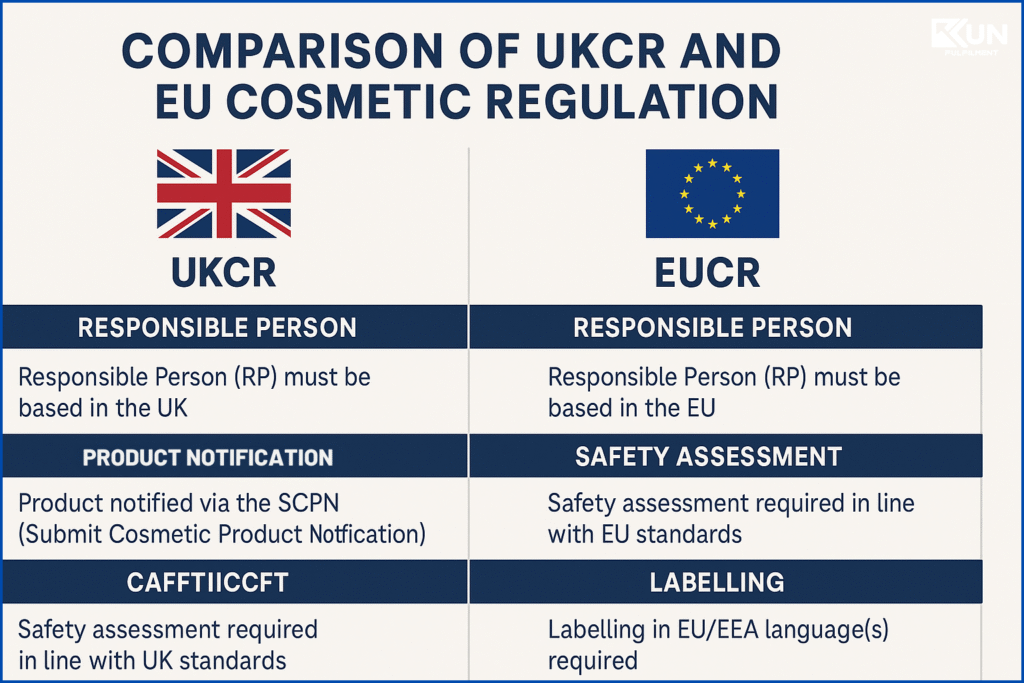
Supports legal background and reinforces relevance:
Understanding CPSR & Responsible Person
Every cosmetic product sold in the UK must have a Cosmetic Product Safety Report (CPSR) — prepared by a certified toxicologist.
What’s in a CPSR?
- Ingredient breakdown
- Toxicological profile
- Intended use
- Warnings and label instructions
The Responsible Person (RP) can be you or a designated individual/company in the UK who ensures:
- CPSR is valid
- SCPN registration is complete
- Product packaging complies
- Safety and recall procedures exist
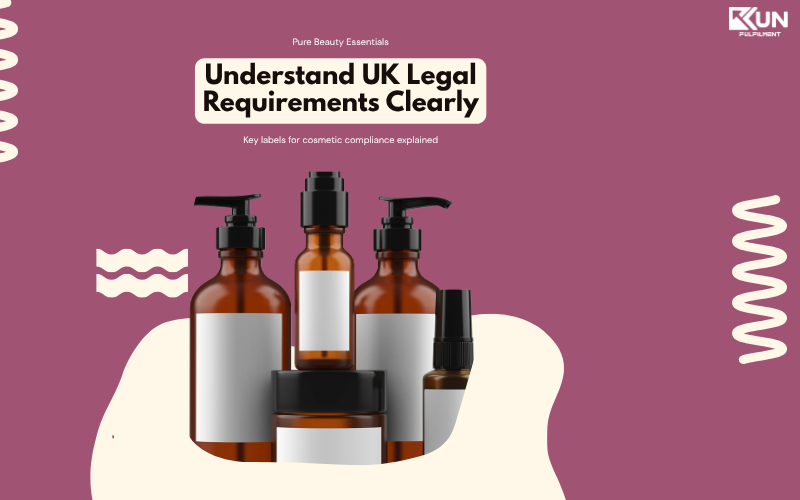
❓ Common Questions Answered:
- “How to get CPSR?” → Use UK-certified toxicologists. Platforms like Cosmetox offer this service.
- “Do I need a Responsible Person?” → Yes, one per product line.
Helps beginners take the next step after legal understanding:
SCPN Portal: What It Is & How to Register
The Submit Cosmetic Product Notification (SCPN) portal is a government platform where all products must be registered before entering the market.
To register, you’ll need:
- Product details and name
- Responsible Person’s info
- Ingredient list
- CPSR attachments
Once accepted, you’ll get a confirmation ID for compliance.
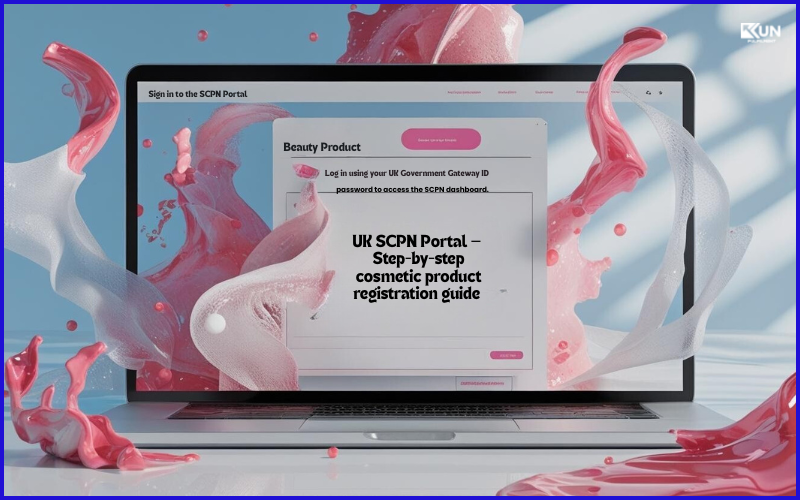
❓ Common Question Answered:
- “Do I need to register my products?” → Yes, all cosmetic products need SCPN registration.
Connects legal registration with software that can manage compliance:
- Third-Party Logistics 3PL Software (for inventory + compliance tracking)
Legal Differences Between Retailers, Resellers & Manufacturers
Not every seller is the same in the eyes of the law:
| Role | Legal Responsibility |
|---|---|
| Manufacturer | Must ensure CPSR, SCPN, labeling |
| Retailer | Must verify product is compliant |
| Reseller (private label) | May need to act as Responsible Person |
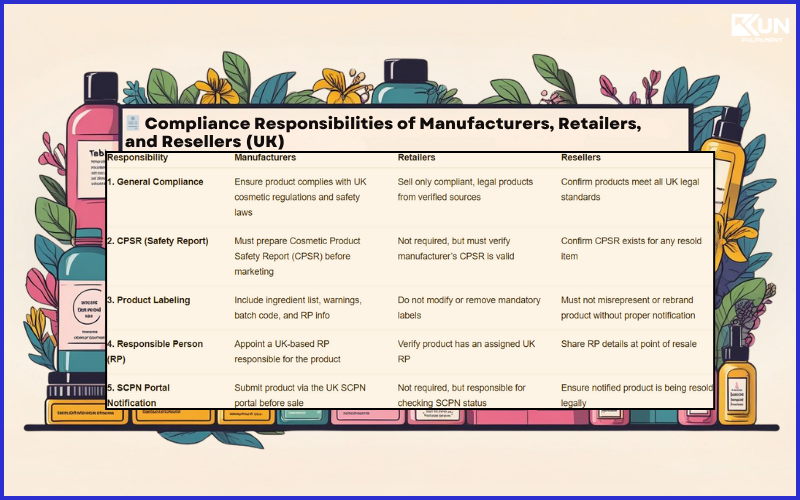
Encourages users to explore how fulfilment responsibilities vary:
What You Can Sell Without a CPSR
Some products don’t require CPSR — these are non-cosmetic accessories, like:
- Makeup brushes
- Hairbands
- Empty jars
- Applicators
But if a product touches the skin or is absorbed, it counts as a cosmetic and does need a CPSR.
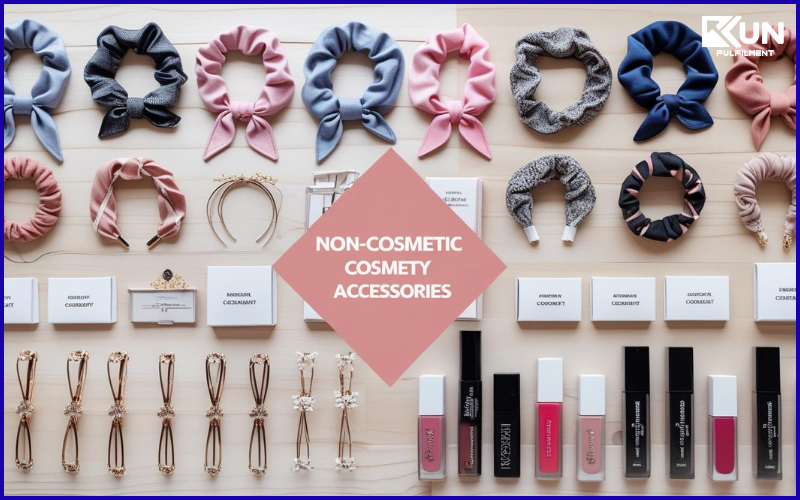
❓ Common Question Answered:
- “What products do not need a CPSR?” → Accessories, tools, and empty packaging
Shows how selling accessories can improve strategy:
FAQs About Ingredients, Claims, and Testing
Here are rapid-fire answers to the most common concerns:
Q: Are beauty products regulated in the UK?
A: Yes, under the UK Cosmetic Regulation.
Q: Can I claim “anti-aging” or “organic”?
A: Only if your CPSR and evidence supports it. Avoid misleading claims.
Q: Is animal testing allowed?
A: No. It’s banned for both ingredients and finished products in the UK.
Q: Can I use imported ingredients?
A: Yes, but they must be listed and safe under UKCR.

Aligns clean products with eco-friendly fulfilment:
- How Fulfilment Can Reduce Your Energy Bills (for eco-conscious brand practices)
Penalties for Non-Compliance
Compliance isn’t just red tape — it’s legal protection. Failing to follow regulations can lead to:
- Fines
- Product recalls
- Business closure
- Legal action under consumer protection laws
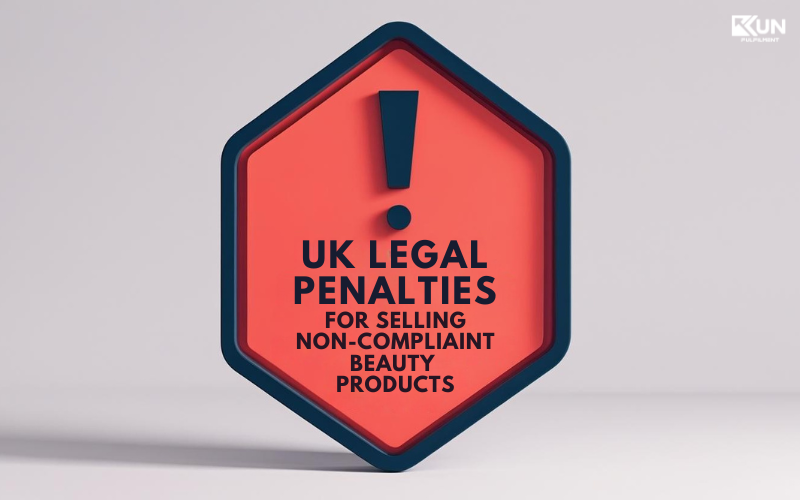
Encourages compliance as a foundation of growth:
Conclusion: Legal First, Launch Second
Before selling your first serum or scrub, ensure every legal box is checked.
Compliance builds trust, prevents disruption, and protects your brand.
🔍 Want help with storage, labelling, or fulfilment of your compliant beauty products?
👉 Explore Our Fulfilment Services for Beauty Brands
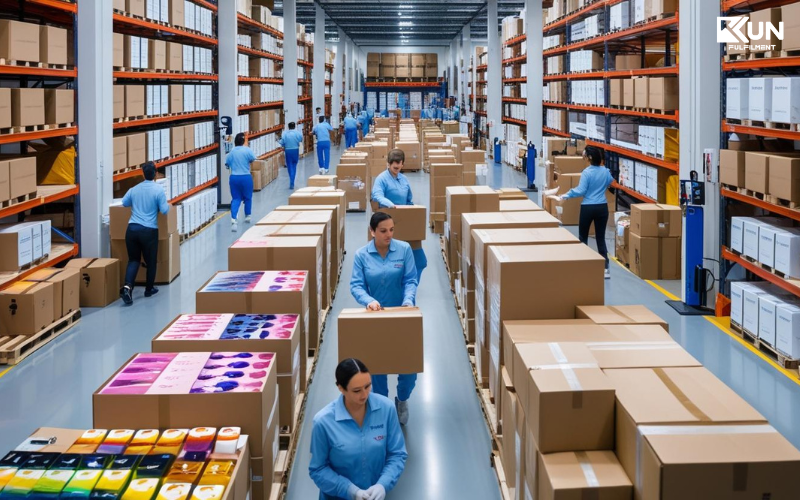
✅ TL;DR – Legal Checklist
- ✅ CPSR completed
- ✅ Responsible Person assigned
- ✅ Registered on SCPN
- ✅ Packaging is compliant
- ✅ Ingredients are safe
- ✅ Label claims are verified

